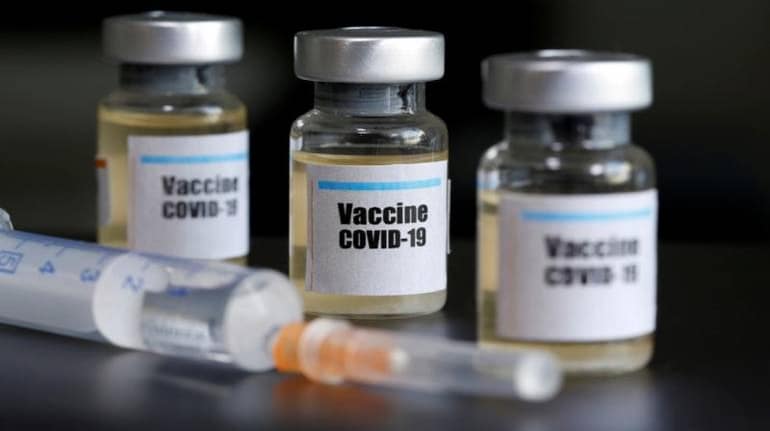The vaccine is currently in Phase III human trials, which is being administered to around 8,000 participants
Adar Poonawalla, CEO of the Serum Institute of India (SII), on July 7 said the Oxford COVID-19 vaccine is at least six months away from launch.
One of the vaccine candidate was rushed (referring to Bharat Biotech COVID-19 vaccine pushed by Indian Council of Medical Research), but we will wait till our vaccine is tested on humans for safety and efficacy, Poonawalla said, unveiling of Mylab's ‘Compact XL’ - the fully-automated Sample-to-PCR-ready system for molecular diagnostics.
The vaccine is currently in Phase III human trials, which is being administered to around 8,000 participants. The trial will assess how the vaccine works on a large number of people over the age of 18, and whether it works to prevent people from being infected by COVID-19. The Phase-I trail that began in April has already been completed and the data will be released shortly.
Serum has partnered with British-Swedish drug maker AstraZenaca to manufacture and supply the vaccine in India and other low and middle income countries.
Poonawalla, who is backing a Pune-based molecular diagnostics company, that emerged as the leading indigenous producer of RT-PCR test kits for COVID-19, called on the government to review its policy on testing."We are certainly not testing enough. The government has placed conditions like doctor prescription for testing or says if you are assymptomatic, you have no business of getting tested. We feel the government should review its policy," Poonawalla said.
Corporates, especially manufacturing companies who want to resume operations are struggling, because current rules don't allow for testing of workforce.
"We want to test out 5,000-6,000 employees at Serum Institute, how do we do it," Poonawalla questioned.
More testing may result in an increase in cases, but it allows to isolate and treat COVID-19 patients and reduce deaths, he said.
Poonawalla called for government to allow exports of test kits after building sufficient buffer. "What are entrepreneurs supposed to do? We have moved so fast with these capacities and no where to sell," he added.
Poonawalla invested Rs 100 crore in Mylab, which has so far contributed about 20 percent of test kits used in 10 million RT-PCR test. Mylab has capacity to produce about 2 million RT-PCR test kits per week, but it producing less than half as there isn't much testing happening. Mylab is offering its test kit below Rs 1,000.
Automated COVID-19 test machineOn July 7, Mylab launched ‘Compact XL’ - India’s first fully-automated Sample-to-PCR-ready system for molecular diagnostics. The machine is designed to automate lab operations from sample handling to RT-PCR ready tube preparation, and do these operations in one single compact benchtop machine.
The machine can be used for a wide range of RNA/DNA-based tests, including COVID-19 RT-PCR tests. The machine can take a variety of sample types such as plasma, tissue, sputum and swab.
“To make India self-reliant in advanced diagnostics, Compact XL is our most ambitious project to date. Compact XL will replace the need of 700 square feet of clean room lab with a 4x3 benchtop machine and reduce the need of three-to-four expert technicians to just one, thus saving operational costs for labs," said Hasmukh Rawal, MD, Mylab Discovery Solutions.
"From patients’ perspective, automated processes will eliminate errors and improve accuracy. For example, robotic movements in the machine are precise to the tune of hundred-thousandths of a ml when handling liquids,” he added.
The machine is expected to reduce the waiting period of COVID-19 testing from two days to a few hours, the company claimed.








